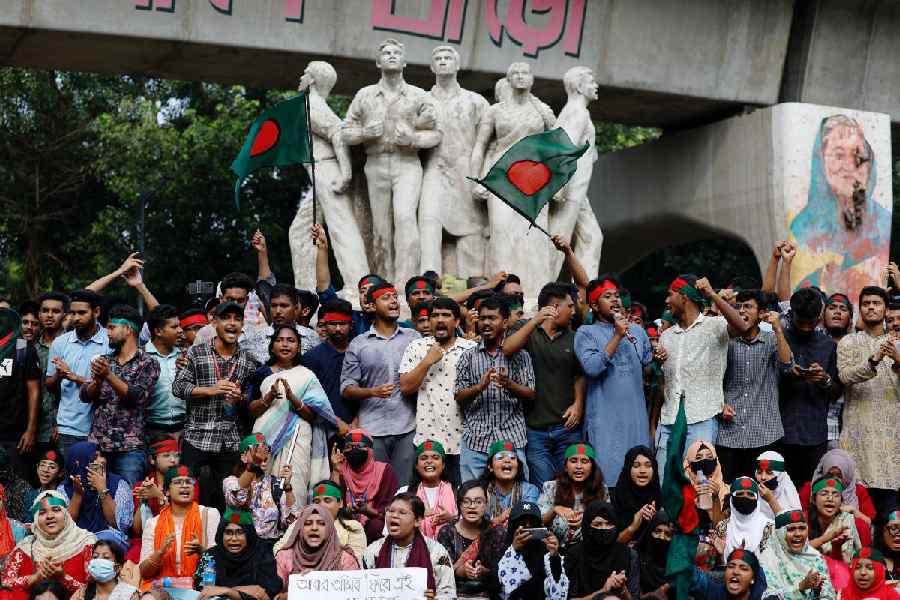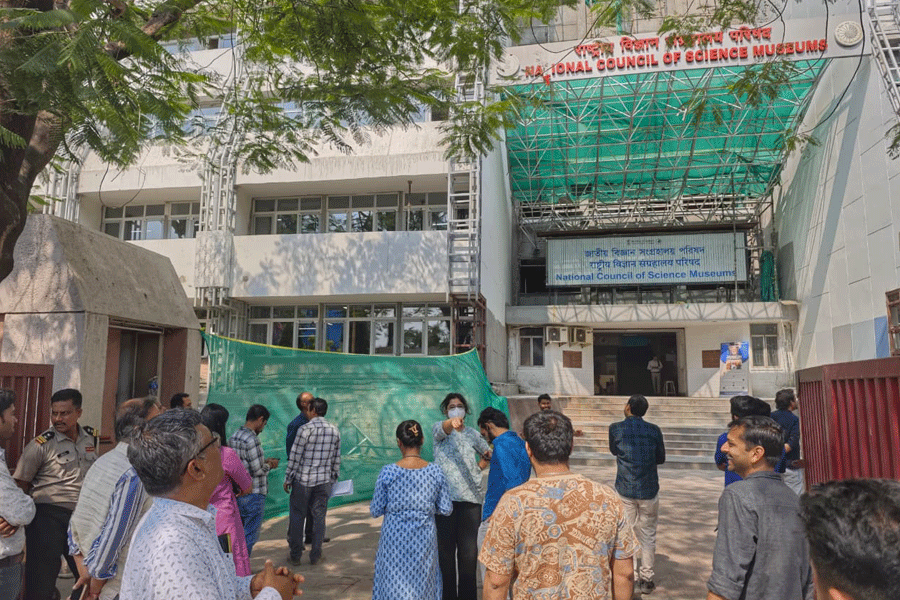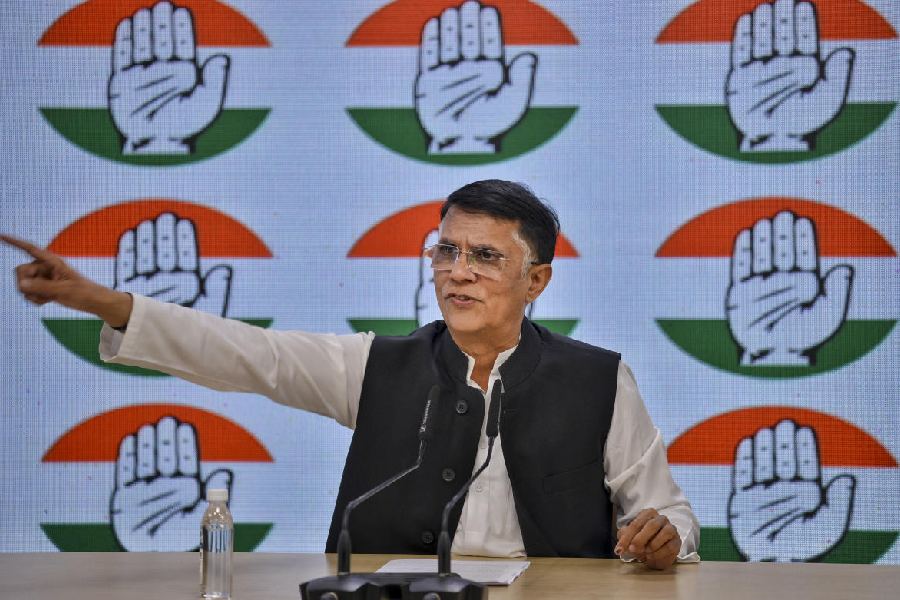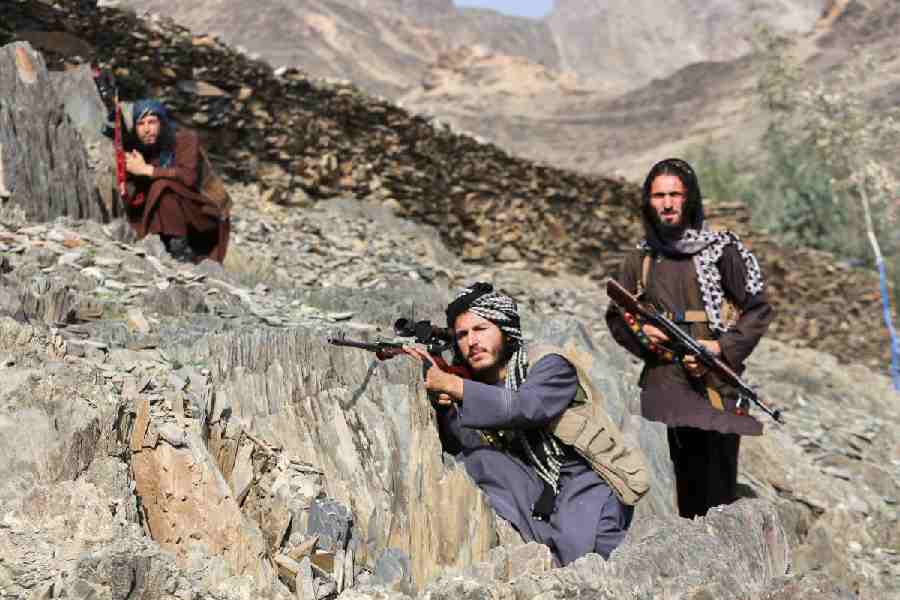A team of UN experts is set to arrive in Dhaka on Thursday to set a framework for the fact-finding mission that will investigate the killings of at least 650 protesters ahead of and in the aftermath of Sheikh Hasina’s resignation as the prime minister earlier this month.
"This is the primary UN team of experts before the UN fact-finding mission comes and investigates (the atrocities). We are expecting to sign an agreement of framework for the probe," The Daily Star newspaper quoted a UN official based in Dhaka as saying on Wednesday.
The UN team is expected to discuss detailed terms and conditions for investigating all the human rights violations that took place between July 1 and August 15, the official said.
The delegation will stay here for at least a week and meet the civil society groups, victims of human rights violations, students and government officials and any other actors concerned, the official added.
Foreign ministry officials also confirmed the arrival of the three-member UN team.
Bangladesh descended into chaos after Hasina's government collapsed and she fled to India on August 5 amid violent protests over quota reforms for government jobs, while the Army stepped in to fill the power vacuum on August 5. Before that, the anti-government protests had killed more than 500 people since mid-July. Nobel laureate Muhammad Yunus took oath as the Chief Adviser of the interim government on August 8.
According to a primary report of the UN Office of the High Commissioner for Human Rights published on August 16, between July 16 and August 11, as many as 650 people were killed in Bangladesh during the student-led protests and after the fall of the Awami League regime. Of these, nearly 400 deaths were reported from July 16 to August 4, while around 250 people were reportedly killed following the ouster of the Awami League-led government on August 5 and 6.
The reported death toll is likely an underestimation, as information collection has been hindered by restrictions on movement due to the curfew and the internet shutdown, the OHCHR said.
The UN human rights body further says that the number of reported killings in revenge attacks since August 5 remains to be determined. Those killed include protesters, bystanders, journalists covering the events and several members of the security forces.
Thousands of protesters and bystanders have been injured, with hospitals overwhelmed by the influx of patients. The majority of deaths and injuries have been attributed to the security forces and the student wing affiliated with the Awami League.
This will be the first time the UN is sending a fact-finding mission to Bangladesh since its independence in 1971 to investigate widespread human rights abuses in the country, the Chief Adviser of the Government of Bangladesh said in a post on X last week, the handle for which is run by Yunus’ office.
UN human rights chief Volker Turk last week assured his support and said an inclusive, human rights-centred approach will ensure the transition in Bangladesh succeeds. Turk had underlined the need for accountability for all those responsible for human rights violations and violence, including against religious minorities, in Bangladesh.
A complaint was also filed on Wednesday with the investigation agency of Bangladesh's International Crimes Tribunal against Hasina and eight others, accusing them of committing genocide and crimes against humanity during the mass movement of the students against her government.
Bangladesh's International Crimes Tribunal has already started an investigation against Hasina and nine others on charges of genocide and crimes against humanity that took place from July 15 to August 5 during the students' mass movement against her government.
Except for the headline, this story has not been edited by The Telegraph Online staff and has been published from a syndicated feed.











